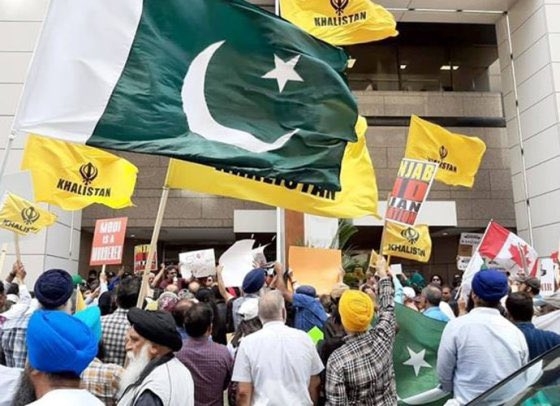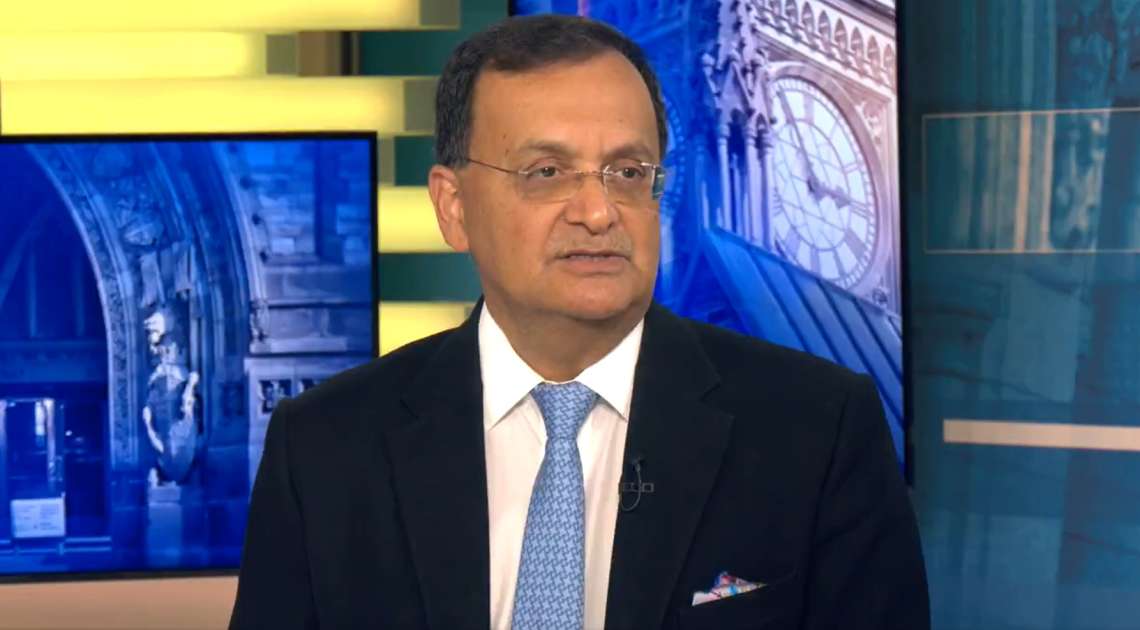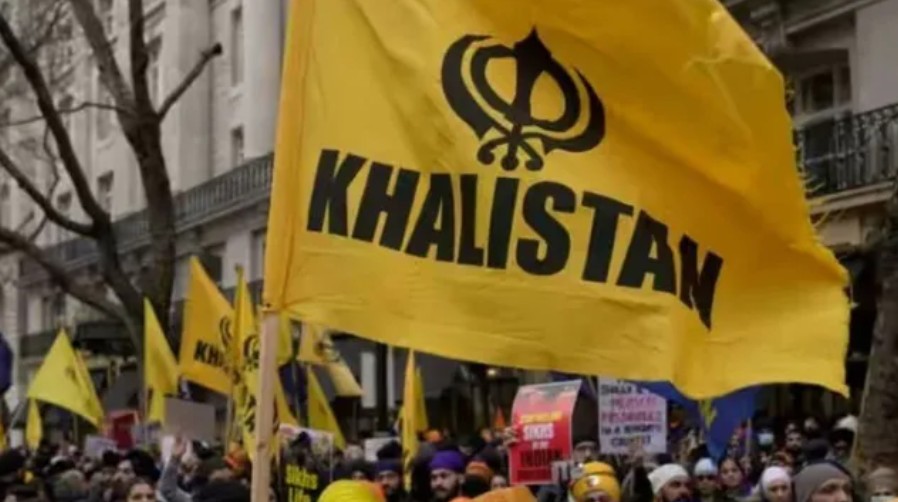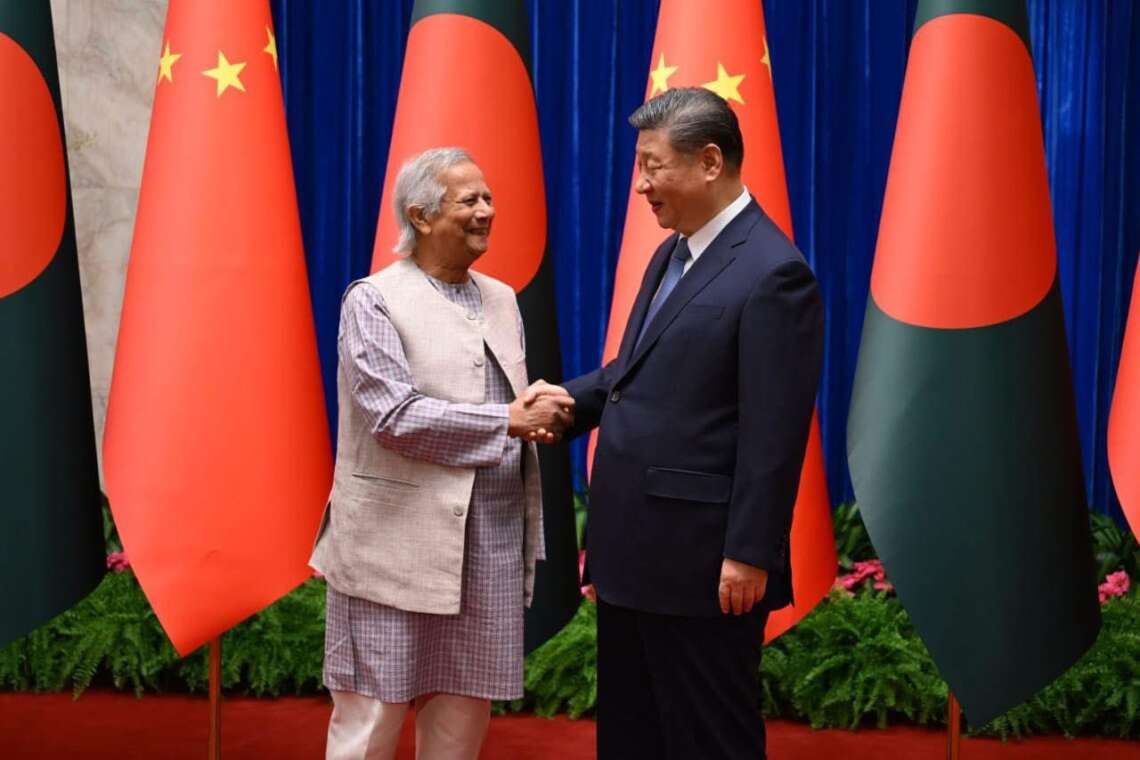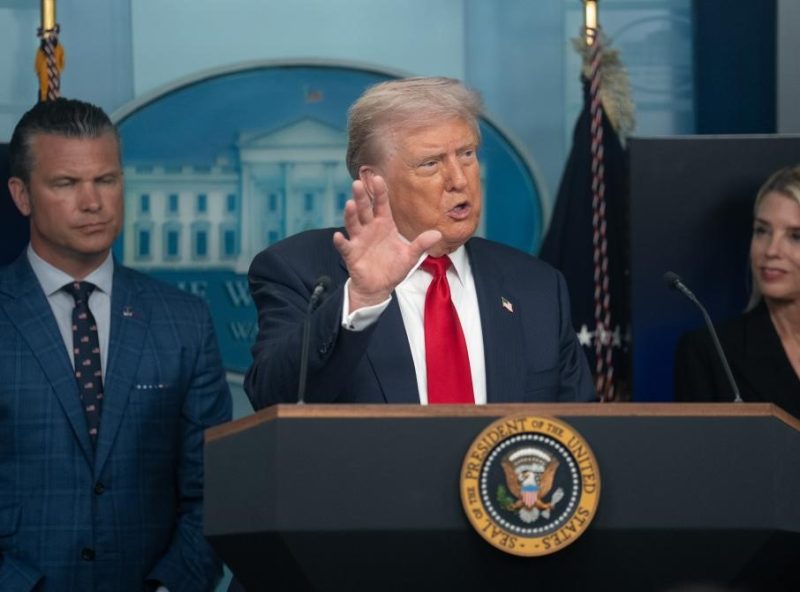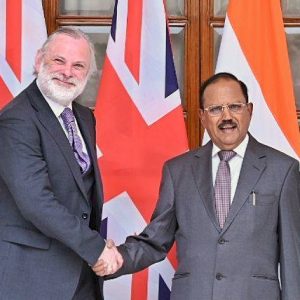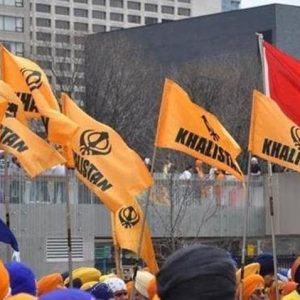Pakistan’s involvement in fuelling the Khalistan agenda is not speculation—it is a well-documented reality supported by intelligence reports, interrogations of captured militants, and financial trails linking ISI to key figures in the movement, a report by Kaliph Anaz
For decades, the Khalistan movement has been portrayed as a grassroots struggle for Sikh independence, but beneath the surface lies a carefully orchestrated operation driven by Pakistan’s intelligence agency, the Inter-Services Intelligence (ISI). Far from being an organic uprising, Khalistani extremism has been systematically nurtured, financed, and directed by Islamabad as part of its long-standing proxy war against India.
Pakistan’s involvement in fuelling the Khalistan agenda is not speculation—it is a well-documented reality supported by intelligence reports, interrogations of captured militants, and financial trails linking ISI to key figures in the movement. The ISI has actively provided funds, logistical support, and training to Khalistani extremists, transforming the movement from a political cause into a tool for regional destabilisation.
The ISI’s tactics are methodical and relentless. Khalistani leaders receive financial backing to fuel anti-India protests, propaganda, and radicalisation efforts, particularly targeting Sikh youth. Recent revelations of Pakistani funds flowing to top Khalistani figures in Canada further expose this covert operation. Beyond financial support, Pakistan provides terrorist training at facilities in Kot Lakhpat, Chakowal, Gujranwala, Mianwali, Peshawar, and Attock, where Sikh militants are trained in firearms, explosives, and assassination tactics under ISI supervision.
Several key figures in the Khalistani movement operate freely from Pakistani soil, including Wadhawa Singh of Babbar Khalsa International, Lakhbir Singh Rode of the International Sikh Youth Federation, and Ranjit Singh of the Khalistan Zindabad Force. Far from being freedom fighters, these individuals act as operatives for Pakistan’s intelligence services, coordinating attacks and subversive activities at ISI’s behest.
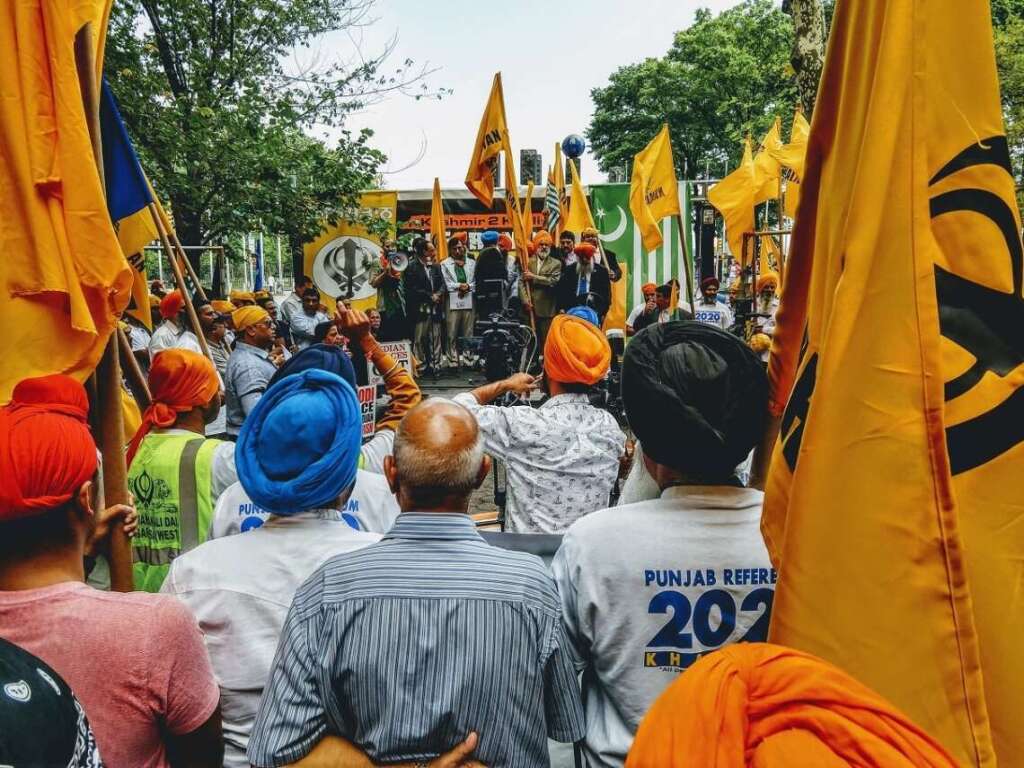
Pakistan’s desperation to sustain this proxy war is evident in its recruitment tactics, which now target vulnerable populations such as former militants, drug-addicted youth from rural Punjab, and illegal Sikh immigrants living in radicalised gurdwaras abroad. Even Pakistani Christians from impoverished backgrounds have been coerced into this extremist network. This is not a grassroots movement—it is an exploitation of the disenfranchised to serve Islamabad’s strategic objectives.
The ISI has also orchestrated an alliance between Khalistani militants and Kashmiri separatist groups. Lashkar-e-Taiba, responsible for the 2008 Mumbai attacks, now trains Khalistani operatives, sharing operational resources and logistical networks. Alarmingly, terrorist offices have been set up near Sikh religious sites such as Nankana Sahib, desecrating these sacred spaces by using them as recruitment and operational hubs.
Pakistan’s diplomatic missions further extend this influence, with officials in consulates from New York to Nepal actively supporting Khalistani elements. In Nepal, Pakistani operatives facilitate the smuggling of explosives, counterfeit currency, and militants into India. Following the global crackdown on terrorism post-9/11, the ISI relocated key Khalistani figures to safe houses in Islamabad and Faizabad, instructing them to temporarily lay low before resuming activities.
To manufacture the illusion of Muslim-Sikh solidarity, Pakistan has propped up artificial organisations like the World Sikh Muslim Federation, aiming to portray Khalistanis and Kashmiri separatists as natural allies against India. However, Pakistan’s hypocrisy is evident in its brutal suppression of genuine independence movements within its borders, such as the Baloch and Pashtun nationalist struggles. Islamabad’s interest in Khalistan is not ideological but purely strategic—weaponising religious sentiment to destabilise India.
The recent diplomatic standoff between India and Canada has brought further attention to these activities. While former Canadian Prime Minister Justin Trudeau accused India of involvement in the killing of a Khalistani terrorist, he ignored Pakistan’s well-documented financial and logistical support for Khalistani extremism on Canadian soil.
Khalistan is not an authentic independence movement—it is a manufactured operation driven by Pakistan’s intelligence establishment. Those who genuinely care about Sikh welfare must recognise this cynical manipulation for what it is: a geopolitical ploy that has only brought violence and division. Until Pakistan is held accountable for fostering extremism, regional stability will remain under threat. The international community must confront Islamabad’s role in exporting terrorism across South Asia and beyond.
ALSO READ: Bangladesh’s China Pivot: A Risky Bet?


